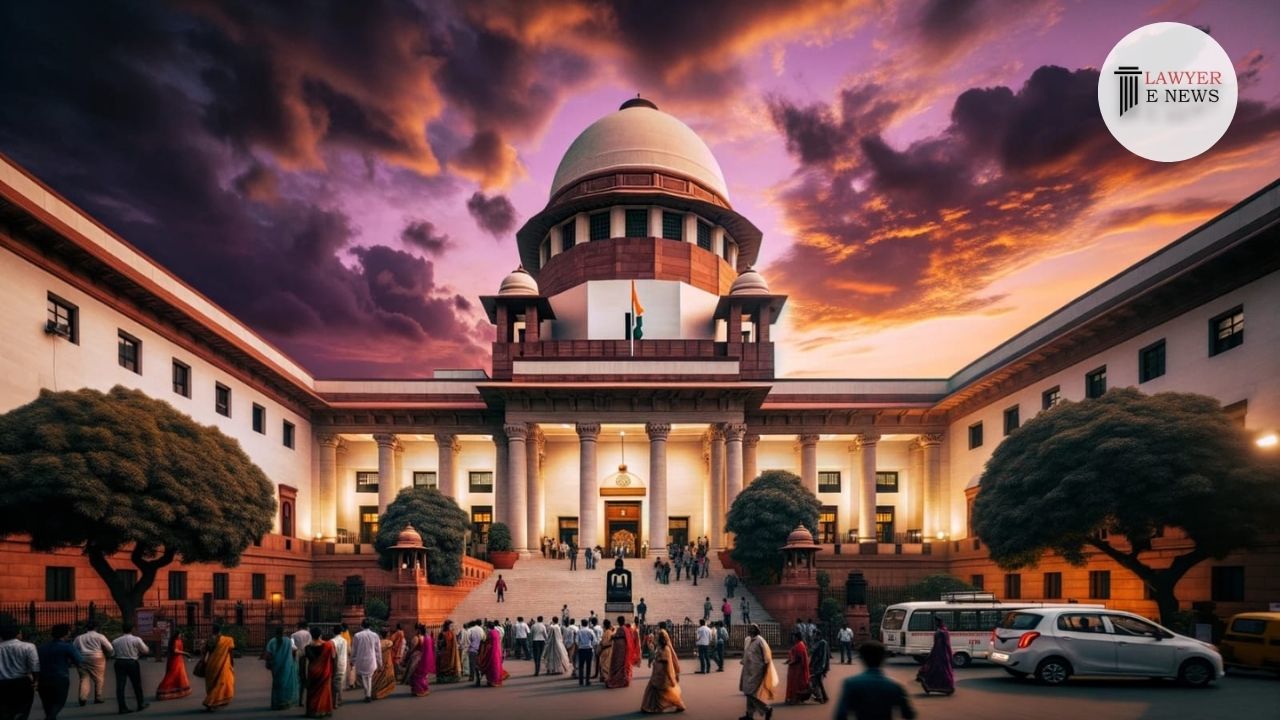-
by sayum
14 February 2026 2:22 PM



In a significant legal development, the Supreme Court of India has referred a crucial matter concerning the recoverability of time-barred debts under the Haryana Public Moneys (Recovery of Dues) Act, 1979 to a larger bench. The bench, comprising Justices Surya Kant and K.V. Viswanathan, addressed the contentious issue of whether debts considered time-barred under the Limitation Act, 1963 can still be recovered using state recovery statutes.
Legal Context and Implications: The appeals before the Supreme Court challenged the enforcement actions initiated under the Haryana Public Moneys (Recovery of Dues) Act, 1979 against debts which were ostensibly time-barred by the Limitation Act. This raised substantial questions about the interpretation of “due” amounts under recovery laws versus extinguishment of the debt under limitation laws.
Facts and Issues: The case involved multiple parties where recovery notices were issued for debts that had allegedly surpassed the limitation period, thus raising the question of their recoverability. The appellants argued based on a precedent that debts time-barred under the Limitation Act cannot be pursued under the Haryana Public Moneys (Recovery of Dues) Act, a position initially supported by a three-Judge Bench decision in a related case.
Contrasting Judicial Opinions: The court highlighted differing judicial opinions on whether the limitation merely restricts legal remedies without affecting the underlying debt. It cited several precedents suggesting that statutes of limitation do not extinguish the debt but merely bar the remedy.
Role of Financial Corporations: The judgment discussed the legislative intent behind financial corporations’ recovery powers, emphasizing that these bodies have special privileges in enforcing claims against borrowers that might override typical limitation constraints.
Legal Interpretation and Precedents: The bench critically analyzed previous rulings, noting that certain key decisions were not considered in earlier judgments affecting the current legal stance on the recovery of time-barred debts.
Decision and Further Directions: Given the conflicting precedents and the substantial implications of the matter on the financial law landscape, the Supreme Court has opted to refer the issue to a larger bench. This move underscores the need for a comprehensive judgment that reconciles existing legal frameworks with contemporary financial practices.
Date of Decision: 08 May 2024
K.P. Khemka & Anr. VS Haryana State Industrial and Infrastructure Development Corporation Limited & Ors.
